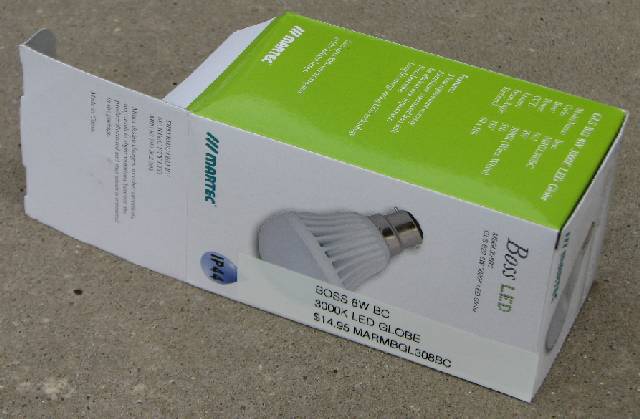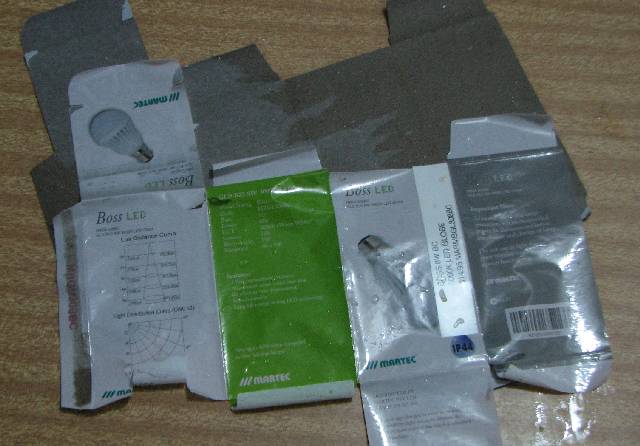|
Cardboard is compostable; most plastics are not. Compostable cardboard can be recycled into garden mulch, at home or by a commercial recycler. If the cardboard is plastic coated then the thin plastic sheet will remain after composting. It will probably get torn up into little pieces along the way. If the little bits eventually get into a waterway, a lake or the ocean it will add to the huge amount of plastic pollution that is playing havoc with water-life.
See Microplastics in compost for more information.
Some plastics are biodegradable, but how can the consumer know which plastic coated cardboard box has a biodegradable coating?
Cleanup lists "plastic coated boxes or paper" under materials that cannot be recycled.
I clean-up roadsides and am finding plastic
coated cardboard and paper is becoming more common.
(I try to link the irresponsible dumping of rubbish on roadsides with the
similarly irresponsible dumping of damaging waste gasses into the
atmosphere in people's minds.)
|
Clays can be used to make paper and cardboard glossy (but probably not quite as glossy as a plastic coating). If you are not sure, you can find out by soaking the cardboard in water overnight. A plastic coating will then peel away from the cardboard fairly easily – that is what I have done in the lower photo.
You will soon learn what plastic coated cardboard looks like and be able to tell it from cardboard with a clay-based gloss.
Plastic coating of cardboard is environmentally damaging. To use it where there is some reasonable justification, such as on a milk container is bad enough, but to use it just to make a package look 'nice and shiny' is unethical.
A page related to this subject concerns my efforts to clean-up some roadsides and show the similarities between dumping rubbish on roadsides and dumping greenhouse gasses into the atmosphere.

